PLE como espacio de aprendizaje formal e informal en Educación Musical. Una investigación-acción en Educación Secundaria Obligatoria
llistat de metadades
Author
Director
Carrera, Xavier
Date of defense
2020-02-28
Pages
465 p.
Department/Institute
Universitat de Lleida. Departament de Pedagogia i Psicologia
Abstract
En esta investigación se analiza la retroalimentación que se produce entre los entornos formal e informal de los PLE (Personal Learning Environments) de alumnos de 4º curso de Educación Secundaria en la materia de Educación Musical. Para ello, se realiza un estudio utilizando la metodología de Investigación Acción en tres cursos consecutivos (13-14, 14-15 y 15-16) con alumnos distintos, siendo el primero a modo de grupo piloto. Este estudio se desarrolla en tres fases en cada uno de los cursos. Una fase inicial en la que se analizan los PLE de los alumnos y se diseña un corpus de actividades basadas en ellos. Una segunda fase que ocupa el curso escolar y que permite obtener un registro de las interacciones entre alumnos en contextos presencial y virtuales a partir de un diseño didáctico plenamente curricular. Y una fase final que analiza las variaciones de sus PLE, mediante un instrumento que nos permite conocer la evolución de cada alumno en cada una de las seis categorías de análisis definidas previamente: Conocimientos musicales, Herramientas tecnológicas, Usos y estrategias, Motivaciones, Competencia digital y Competencia musical. Los resultados, una vez analizados los PLE a nivel individual y grupal, ponen de manifiesto que la creación de un contexto a modo de ecología de aprendizaje -mediado por tecnología y que parte de intereses y conocimientos de los alumnos- genera un entorno de aprendizaje que: (a) promueve la interacción entre alumnos y (b) facilita una sinergia de intercambio de conocimientos entre iguales, tanto en el contexto formal como en el informal. Se constata un flujo de intercambio, no solo de conocimientos, sino también de inquietudes, intereses y motivaciones que permiten a los alumnos aprender y tomar conciencia de sus conocimientos utilizando a sus compañeros como referencia y configurar una estructura de conocimiento compartido.
The following research analyses the synergy between formal and informal environments of the PLE (Personal Learning Environments) in the field of Musical Education with students in the 4th year of Secondary Education. Action Research methodology was used for three consecutive courses (13-14, 14-15 and 15-16) with different students, the first being a pilot group. The investigation had three stages for each group. In the first stage students' PLEs were analyzed and personalized activities were designed. A second stage was developed throughout the school year and generated a record of interactions among students in both face-to-face and virtual contexts in a curricular based didactic design. In the final stage the variations of PLE were analyzed to trace the evolution of each student in each of the six previously defined analysis categories: Musical Knowledge, Technological Tools, Uses and Strategies, Motivations, Digital Competence and Musical Competence. The results show that the creation of a learning ecology context -mediated by technology and based on the interests and knowledge of students- generates a learning environment that: (a) promotes interaction among students and (b) generates synergy from knowledge sharing among equals, both in formal and informal contexts. There is an exchange flow, not only of knowledge, but also of concerns, interests and motivations that helps students to learn and become aware of their learning process, using their peers as a reference and configuring a shared knowledge structure.
Subjects
373 - Kinds of school providing general education



